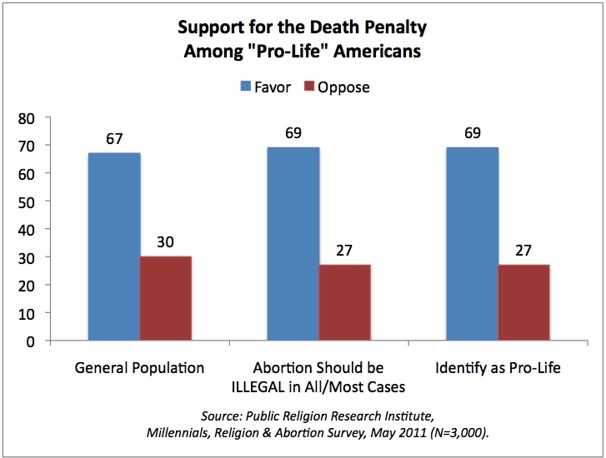(1) Perfectly Reasonable
By Luke Coughlin
Is capital punishment really an attempt at exact reciprocation? If someone is convicted for multiple murders, clearly the lives they have taken are not being taken from them equitably – they only have one life to give up.
Hammurabi’s code, the origin of the “eye for an eye” tropism, would have family members of the murderer killed in the same manner and multitude of the original victims.
Death as a penalty for the most heinous crimes is not societal revenge, but a safeguard against the most dangerous individuals who have proven themselves unfit for the public.
The political Left in America tends to accuse those who support the death penalty, but take a pro-life stance on abortion of hypocrisy. The obvious difference from a conservative standpoint is that one issue is the murder of an innocent person, whereas the other is the termination of someone who has forfeited their right to life.
This concept of the right to live defines the debate in both instances. The Constitution of the United States articulates a right to live, not granted by the government, but as an intrinsic and inviolable right which is “endowed by our creator.” To revoke this right from a nascent human life is wrong in any circumstance, with the exception of rare cases in which the life of the mother is at stake.
This right, however, can be forfeited in certain cases. And there is plenty of reason to believe that killing the most pernicious criminals prevents future crime. For instance, a leader of a gang can still give orders to subordinates that result in deaths on the street. Incarcerated criminals can still murder or otherwise harm their cellmates. It is hard to believe that someone might not think twice about committing a capital crime if they knew their life was on the line.
In the true spirit of the Constitution of the United States, the decision on the death penalty’s legality should be left for each individual state to decide. However, there is nothing immoral, illegal or unconstitutional about discretionary capital punishment. The “eye for an eye makes the whole world blind” theory does not refute that fact.
Ideologically Inconsistent
By Osahh Aim
“Pro-life.” The moniker itself brings one thing mind – the preservation of life. It is nothing new to hear pro-life advocates reinforcing the idea that life at all stages, even embryonic, is sacred. My bewilderment at the fact that some of the staunchest espousers of the “every life is sacred” ideology find nothing amiss with the idea of capital punishment is probably shared by many.
A common argument made by pro-life supporters is that unborn fetuses are people too, hence abortion is murder. Using that same logic, aren’t criminals people– albeit sometimes loathsome, despicable people, too? When pro-lifers say, “all life is sacred,” doesn’t the term “life” extend to criminals?
Putting aside the glaring inconsistencies and moral flip-flopping of the pro-life-yet-pro-death-penalty argument, one needs not look any further than the inefficiency of the capital punishment system as another reason to rethink that stance. As of 2012, over 18 people serving a combined period of 202 years on death row have subsequently been found innocent.
There have been 1226 executions in the U.S. since 1976. The number of innocents who might be among those executed is difficult to ascertain for obvious reasons. Nonetheless, there have been some who have been pardoned many years after their execution, like the Griffin brothers in South Carolina, pardoned in 2011, 94 years after their executions. What makes them any different from the unborn fetuses which pro-life advocates so vehemently defend?
I am not making a case for either pro-choice, pro life, anti capital punishment or anything of the sort. I am simply stating a case for consistency in beliefs and ideologies. If life is sacred, let it remain so. The lives of some shouldn’t be held as sacred, while others are viewed as expendable.

